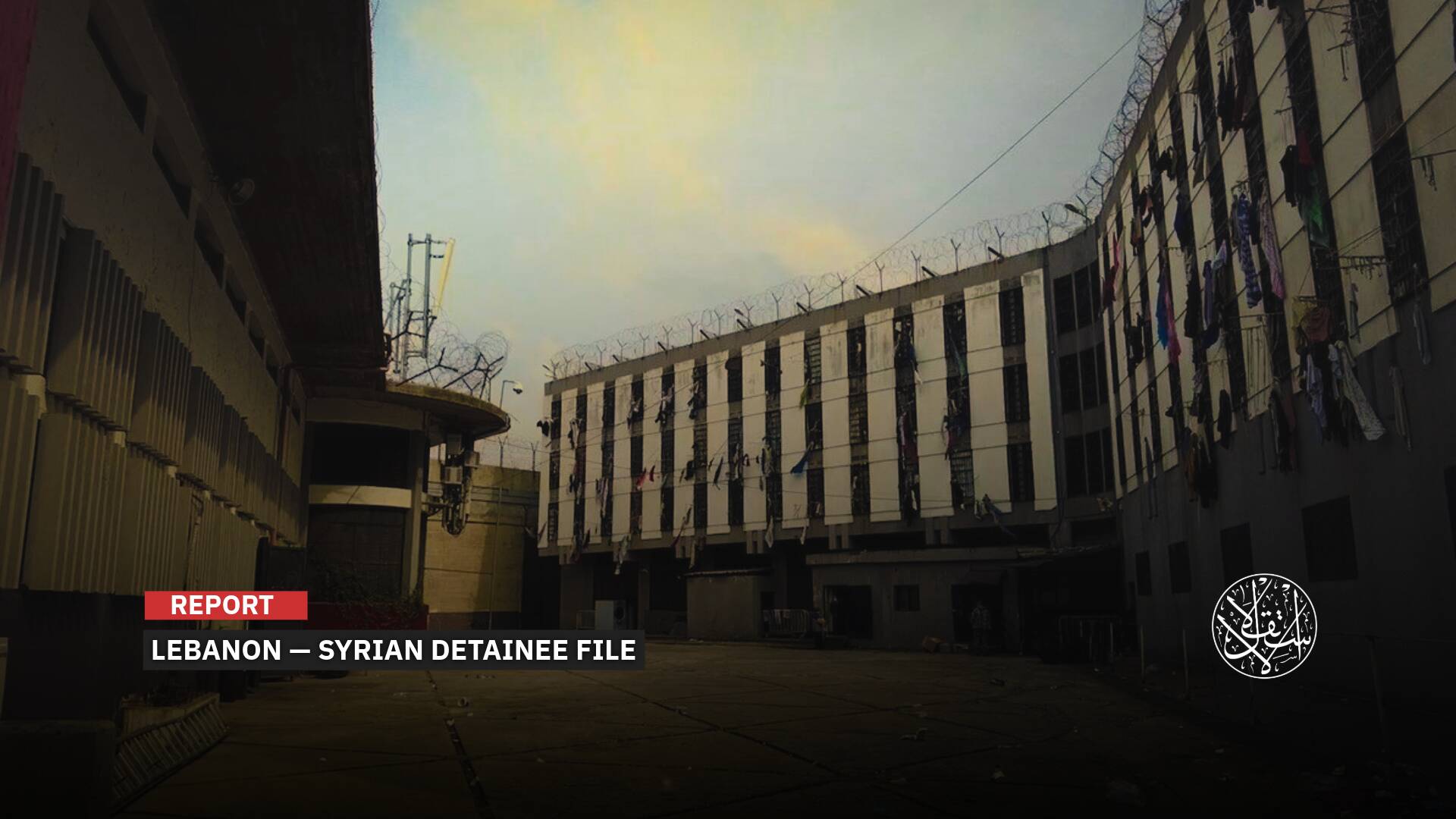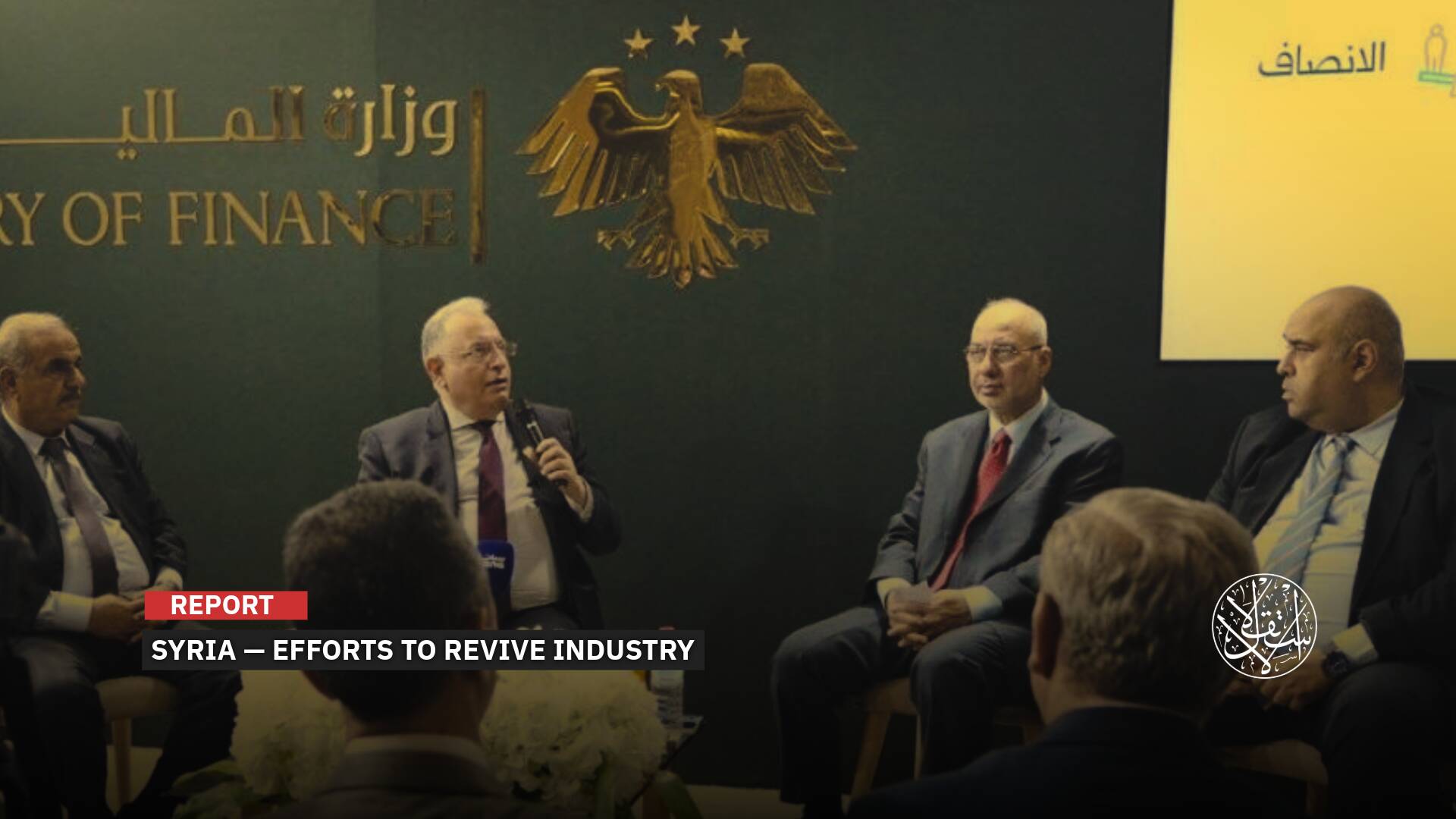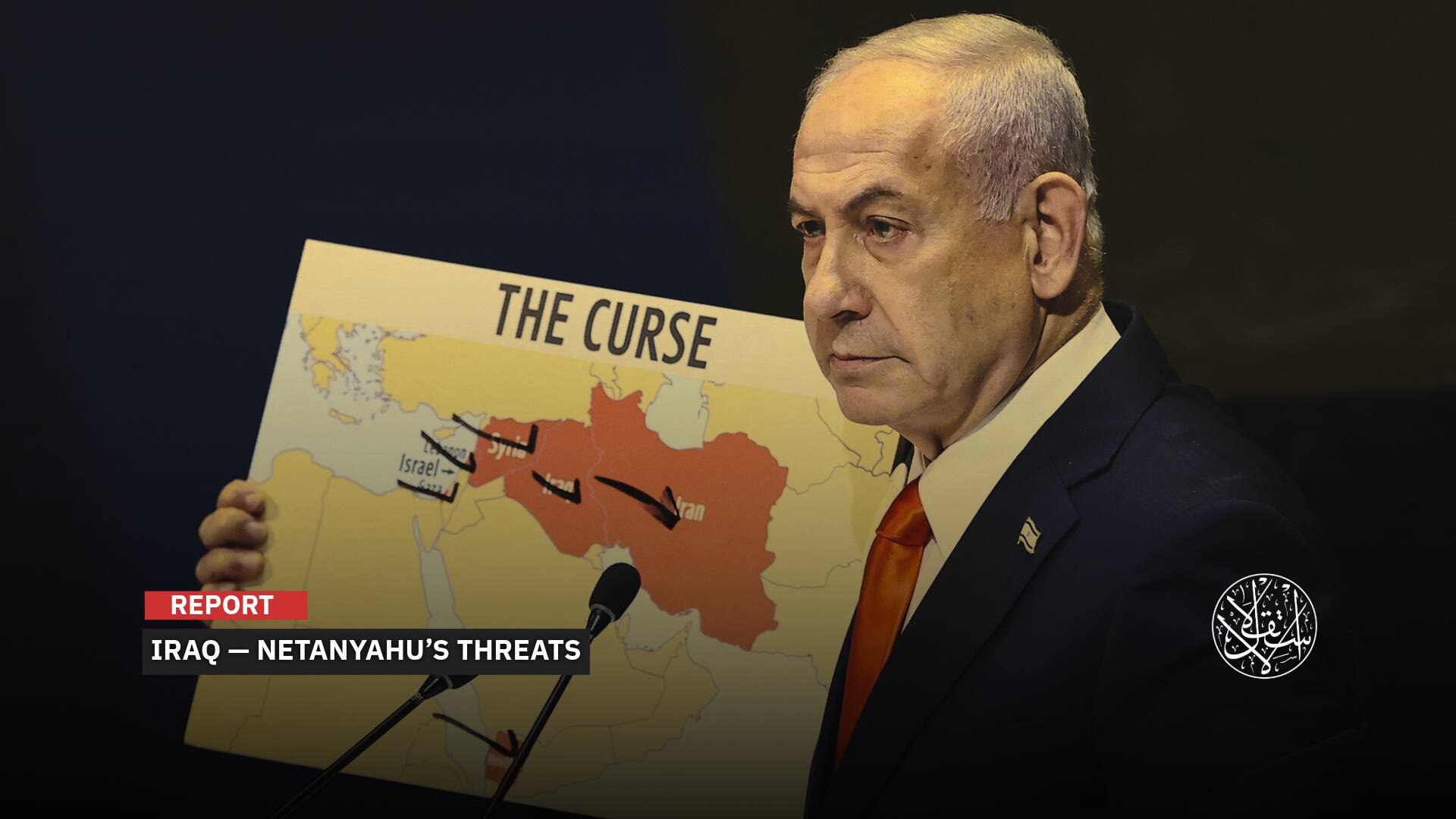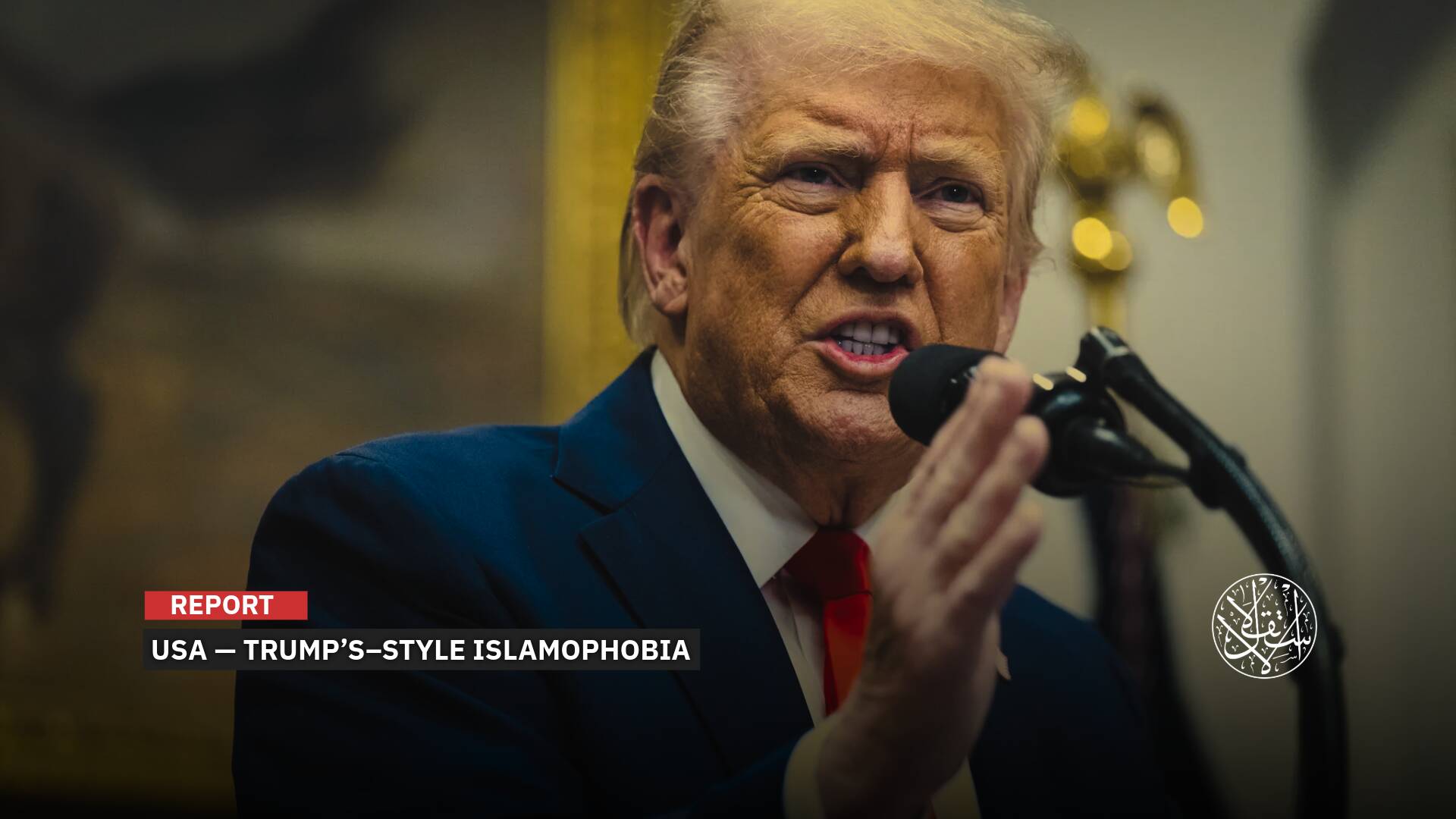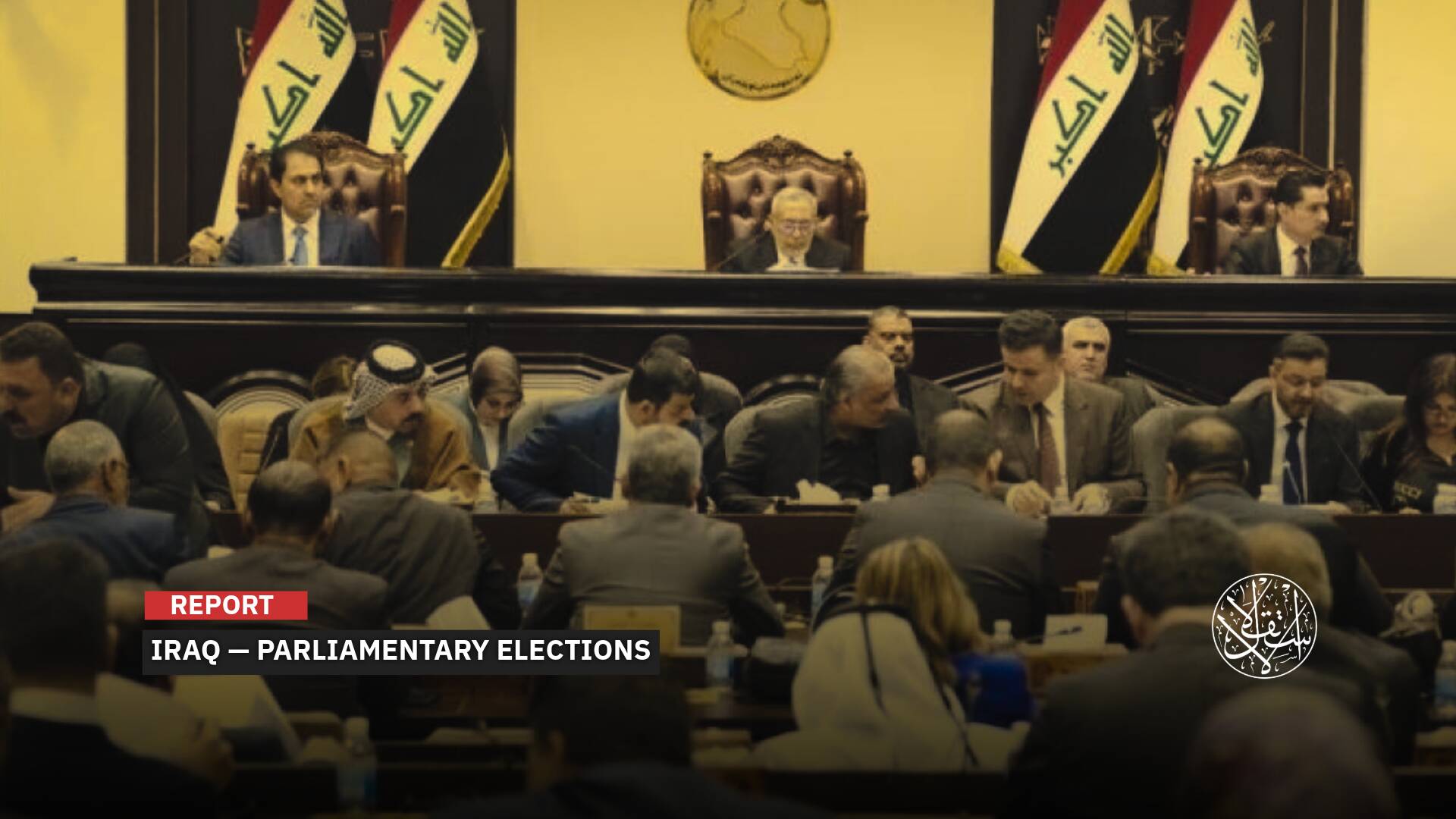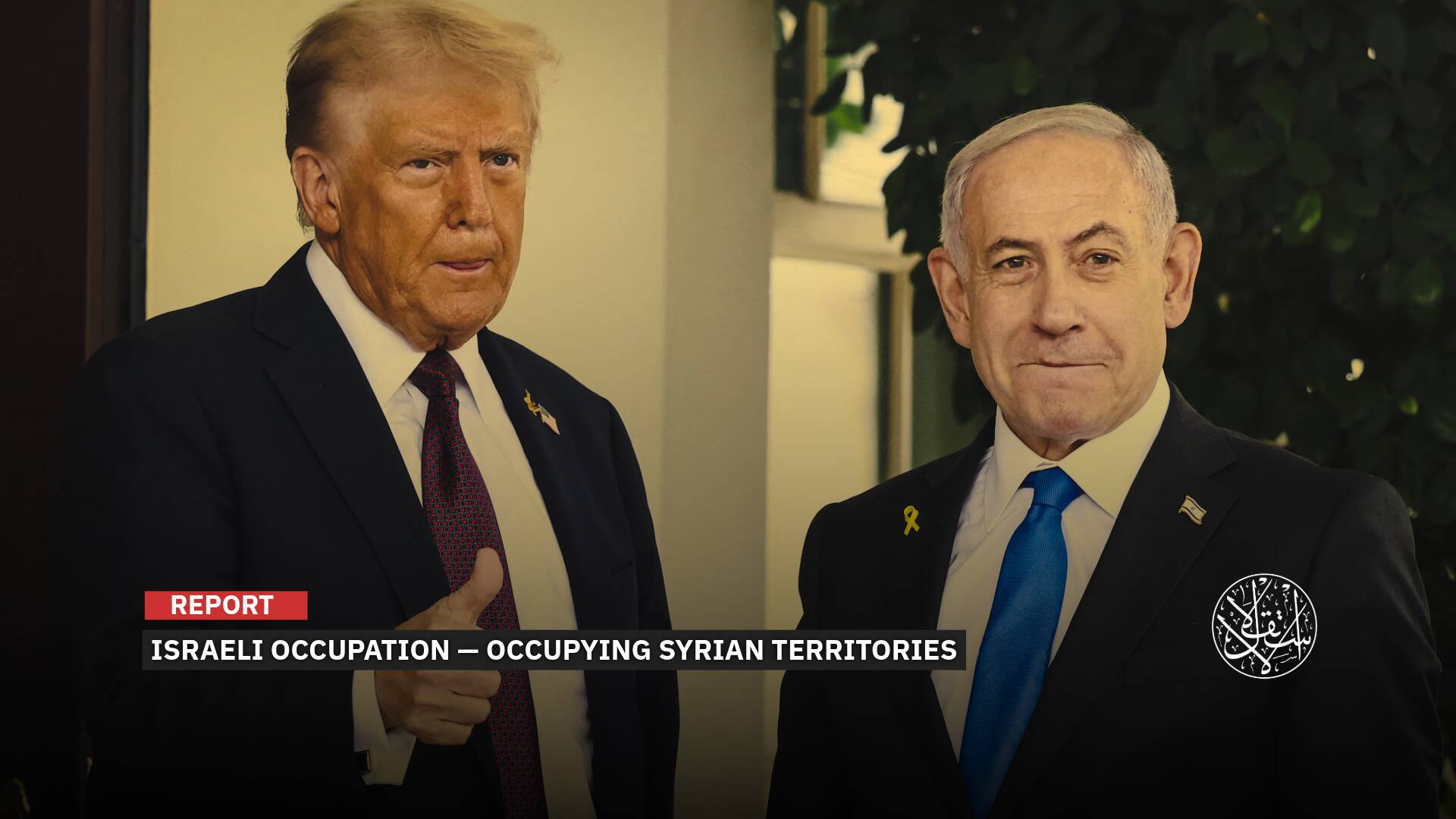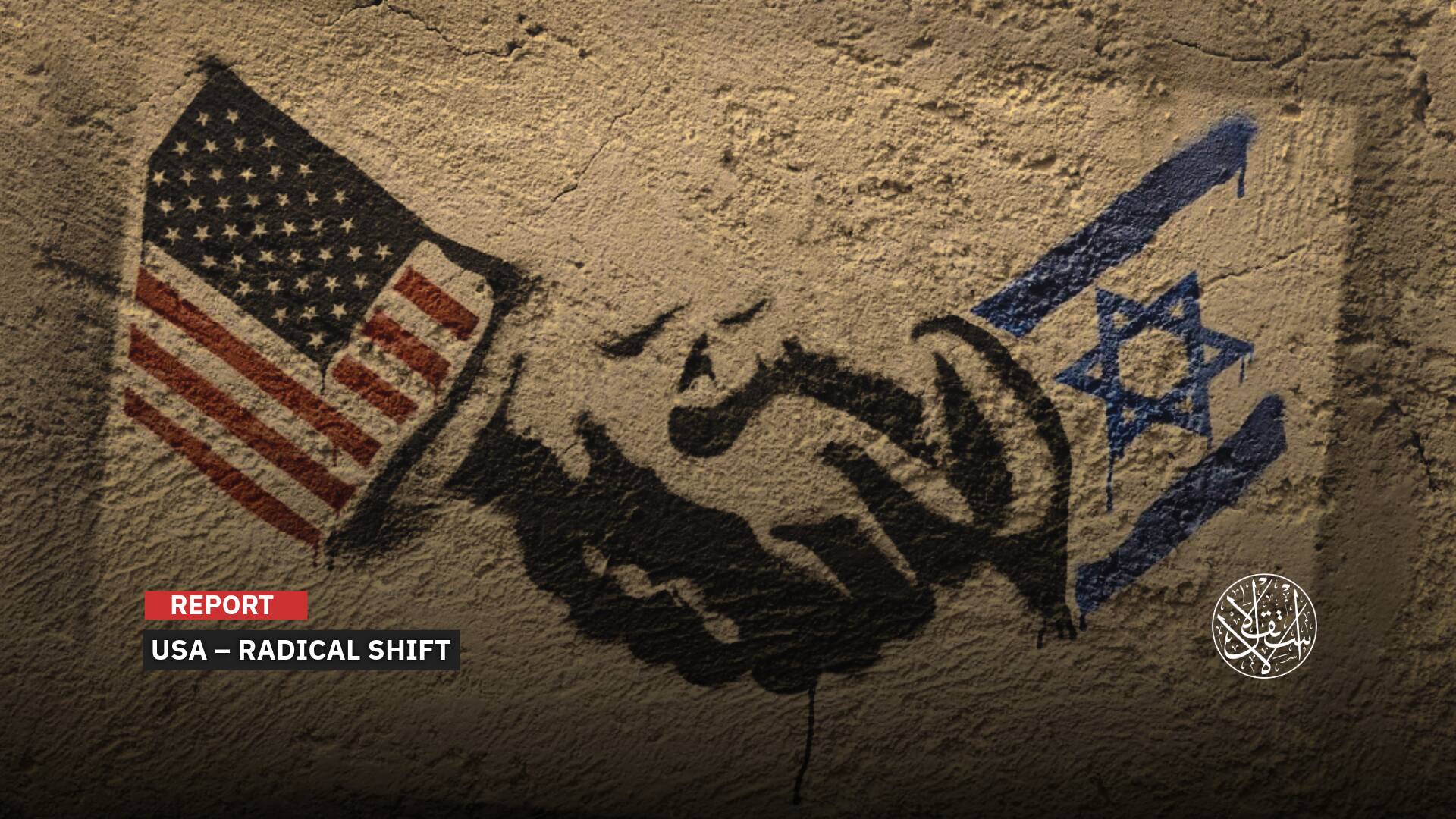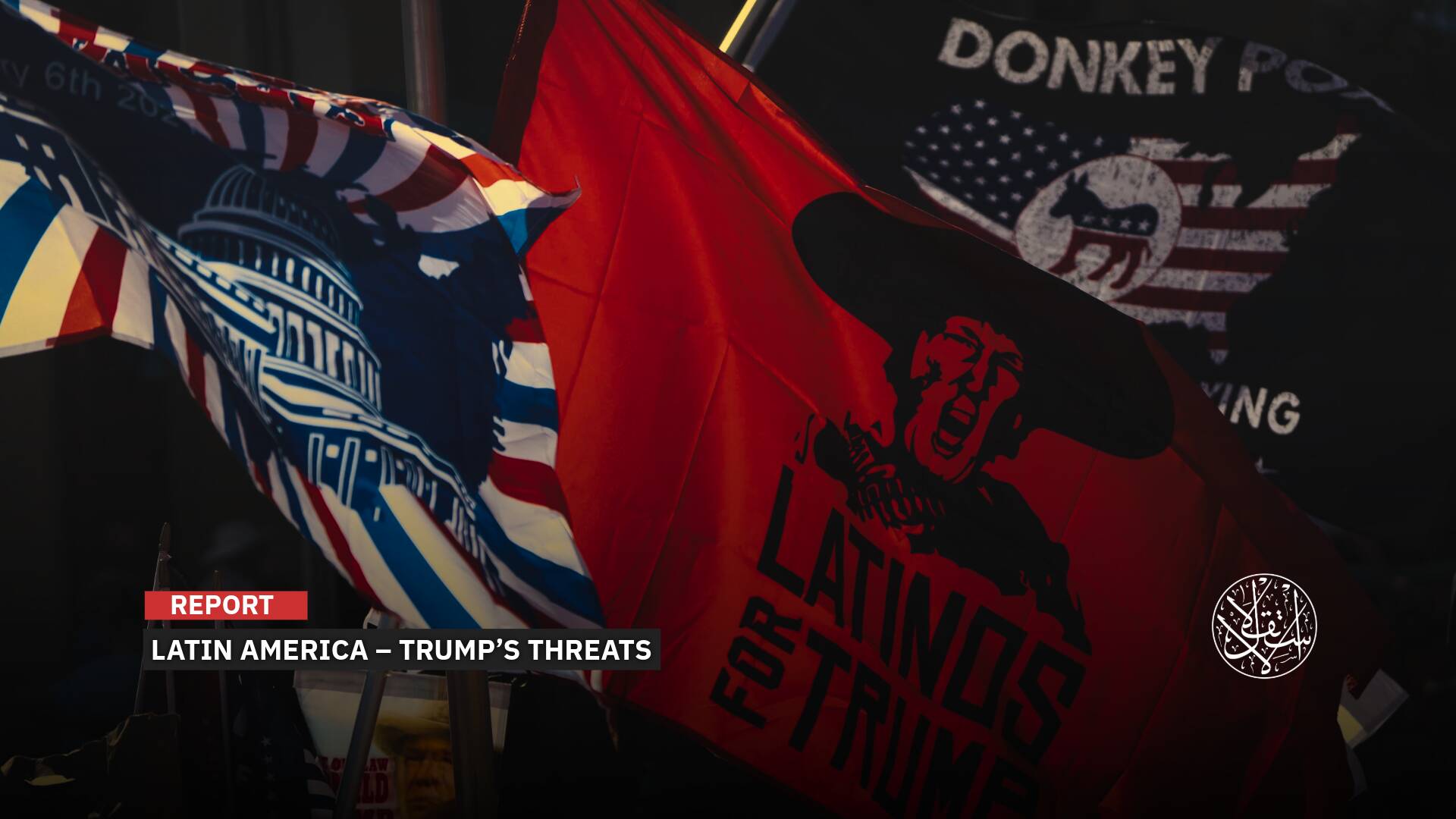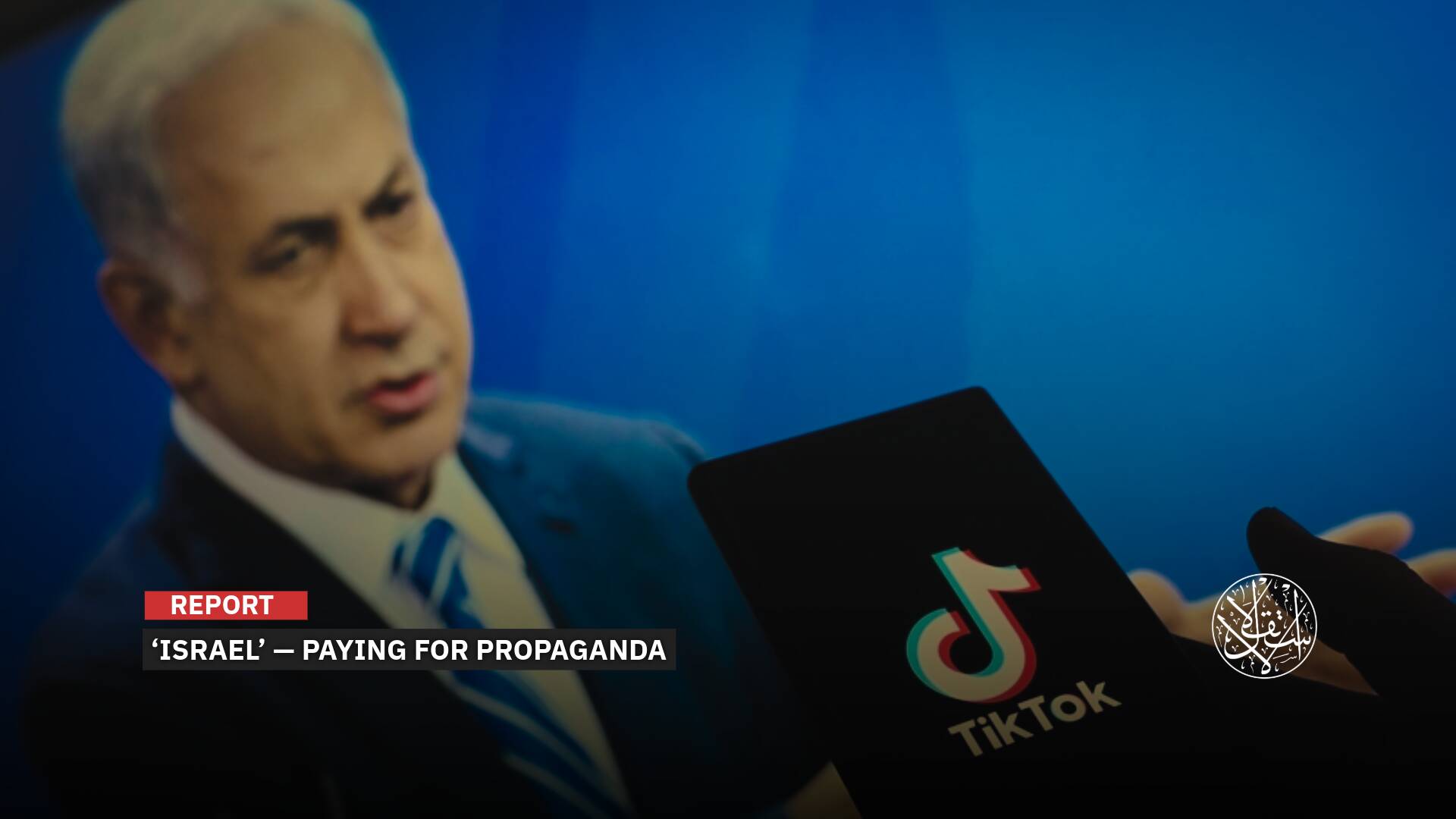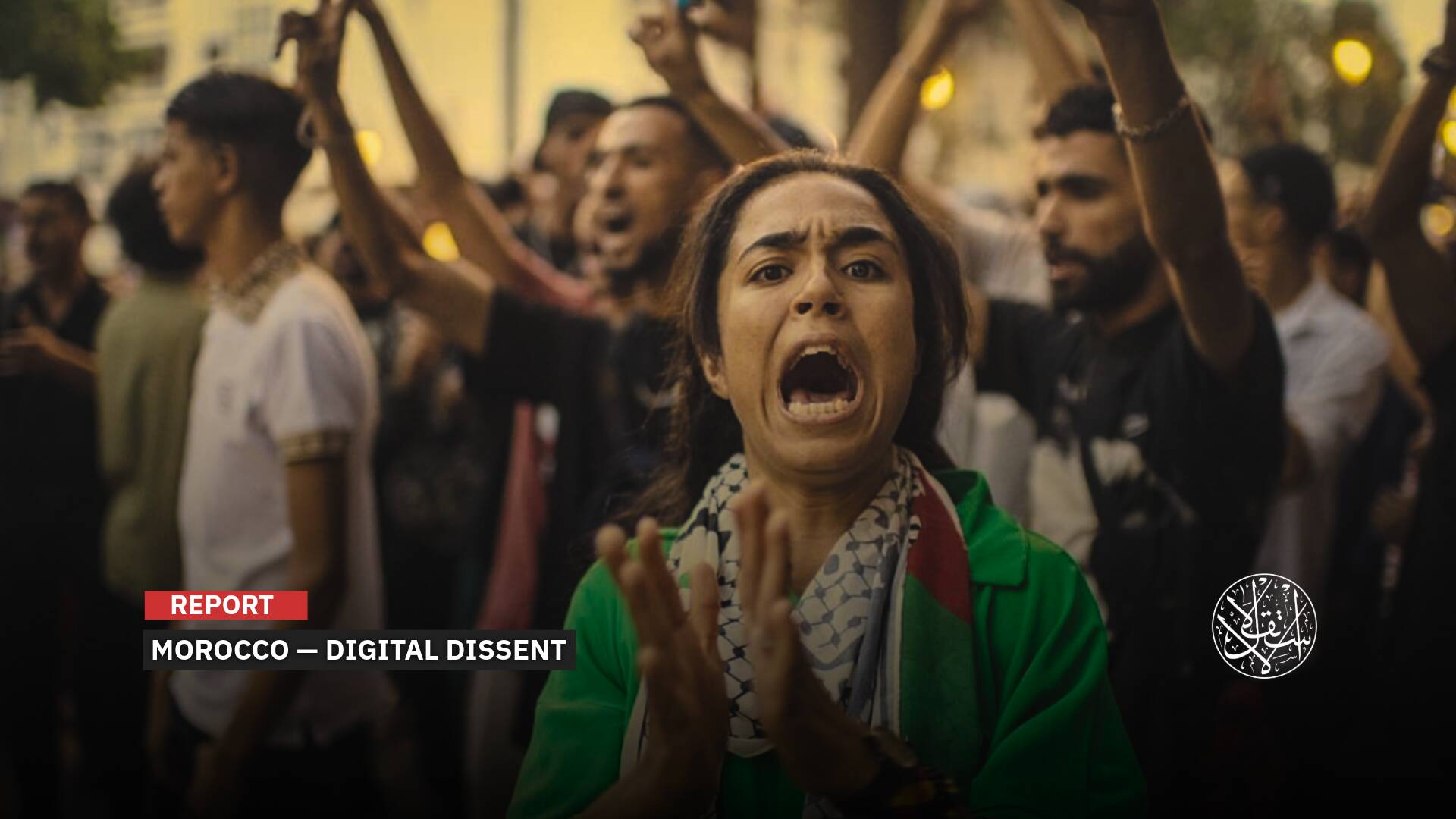A Serious Threat of Resurgence; Is "ISIS" in Iraq Again?

The Turkish "Anadolu Agency" highlighted the continuation of ISIS attacks on the Iraqi security forces, despite the passage of 4 years since the restoration of the areas controlled by the organization in the country.
In an article by writers Idris Okudugo and Bakr Aydogan, the official agency indicated that "recently, ISIS has increased its attacks that targeted power lines in northern, western and eastern Iraq, despite the operations of the security forces, the Peshmerga forces (affiliated with Kurdish tribes), the international coalition forces and the Iraqi Shiite militias."
The two Turkish writers added, "The increase in Iran's influence in Iraq after the US invasion in 2003, the exclusion of Sunnis from the administration and their marginalization by Shiite governments, and the sectarian policies pursued by Shiite leader Nuri al-Maliki, who is close to Tehran, were among the most prominent things that made it easier for ISIS to find a base " in Iraqi society.
They added: "ISIS managed to maintain its hegemony in Mosul, Salah al-Din, Anbar, and some areas of Diyala and Kirkuk for 3 years after taking control of them in 2014. However, despite the passage of 4 years since the elimination of the organization's presence in Iraq, there has been a remarkable increase and diversity. in his attacks on the rural areas of these provinces.
Intensification of Attacks
The attacks on 160 towers and electricity transmission lines since the beginning of 2021, many of which were behind the organization of the state, have led to the eruption of people's anger and the increase of protests in light of the summer heat in Iraq, which is witnessing continuous protests for reasons such as the decline in services and the spread of corruption for a long time according to the authors.
They added, "For this, the restructuring of many areas, especially Mosul, is very important, both in terms of helping people in these areas adapt to life after ISIS, or in terms of reducing the organization's influence in the region and on the scene in Iraq that was devastated by ISIS's occupation and attacks."
The need to strengthen communication with Sunni groups in areas that have been under the control of ISIS in the past, and to provide support to the Sunnis before the elections scheduled for October 2021, is very important.
The authors noted that ISIS "exploits the conflicts between the Iraqi central government and Erbil, the security gap in the disputed areas, and the destabilizing movements carried out by militias outside the control of the state, such as carrying out attacks on power lines in Iraq, which have become the arena of the American-Iranian conflict."
They explained this by saying: "ISIS attacks are mostly concentrated in the disputed areas, of which the Peshmerga withdrew from a large part, such as Kirkuk after the tension that occurred between Baghdad and Erbil due to the latter's organization of the independence referendum in 2017.
Despite the spread of the "Popular Mobilization" in the areas from which the Peshmerga withdrew, there has been a noticeable increase in ISIS operations, due to the security vacuum that has arisen in the aforementioned areas.
Today, ISIS carries out most of its attacks in the area known as the Triangle of Death, which covers the area between Kirkuk, Salah al-Din and Diyala. It is known that ISIS raids Sunni and Kurdish villages on an ongoing basis, and it still poses a serious threat there, according to the authors.

Obstacles in the way
Okudugo and Aydogan said: “In fact, the Iraqi forces, the Peshmerga forces, and the international coalition forces are still launching operations against ISIS, but the power struggle between the United States and Iran on Iraqi soil, which has been steadily increasing since 2018, get ISIS out of the field of vision as a head target and be ignored."
They continued, "Iran and America entered into a struggle for control over the security services after the elimination of the organization in Iraq in 2017. The United States provides full support to the anti-terror forces, and Iran is focusing on strengthening its influence over the Popular Mobilization Forces, preventing the exclusion of militias from security and bureaucracy, and increasing their military capabilities."
The authors stressed that "this conflict constituted a major obstacle to the restructuring of these Iraqi institutions, especially the security forces, and their strengthening and preparation for the future over a period of four years."
They added, "On the other hand, anti-government demonstrations have been going on in Iraq since 2011. However, Shiites have been the most organized mass demonstrations since the emergence of the Islamic State in 2014."
Thus, the dispatch of law enforcement and security forces to the south of the country, the Shiite militias leaving their areas to suppress the demonstrators, and the retreat of the fight against ISIS to the second priority, provided an opportunity for the organization to restructure itself and expand its field of activity.
The complete closure of Iraq due to the Corona epidemic, the suspension of the activities of the security forces in this context, and the failure of the coalition forces to launch any operations for a period, created space for ISIS and allowed it to move freely.
Thus, the organization was able to take advantage of the security gap and reach areas that it could not enter before, according to what the two Turkish writers see.
They stressed that ISIS still enjoys great financial strength despite declaring victory over the terrorist organization, according to open sources and local media.
In this it is known to all Iraqis that the tax is collected under the name of "tax" from many projects that are working in the reconstruction process in Mosul, Salah al-Din and Anbar, and collect money from families, shops and businessmen in the name of zakat.
Moreover, Iraqi officials have stated more than once that the organization has established a strong network to operate, transfer and export its funds. The lack of control and elimination of the organization's financial resources is among the reasons that allow ISIS to increase its ability to organize new operations.
It seems that ISIS has set the electricity sector in Iraq in mind, as the power outage in Iraq, which has been suffering from this problem for 30 years, is a pressure factor that can lead to mass demonstrations, especially in the southern regions of the country, and consequently the fall or resignation of the government, in a time when power outages are a bigger problem in the summer months, the authors say.
They pointed out that "ISIS also constantly and persistently targets the energy infrastructure, to disrupt the country's redevelopment processes and not allow the Baghdad government to recover, and thus also aims to deter those who wish to invest in the energy sector in the Triangle of Death region."
Okudogo and Aydogan concluded their article by saying: "It seems that ISIS has returned to the field and is working to increase the people's resentment and anger against the central government with its hit-and-run attacks, especially in areas where Sunnis live, and aims to recruit new members by exploiting the security gap in the state."
They added: "All this shows that ISIS aims to regain control over the areas it lost before by intensifying its attacks carried out by its cells in the countryside from June 2014, when it captured Mosul, Iraq's second largest city, until July 2017, when the Iraqi security forces retook the land of Mosul.


